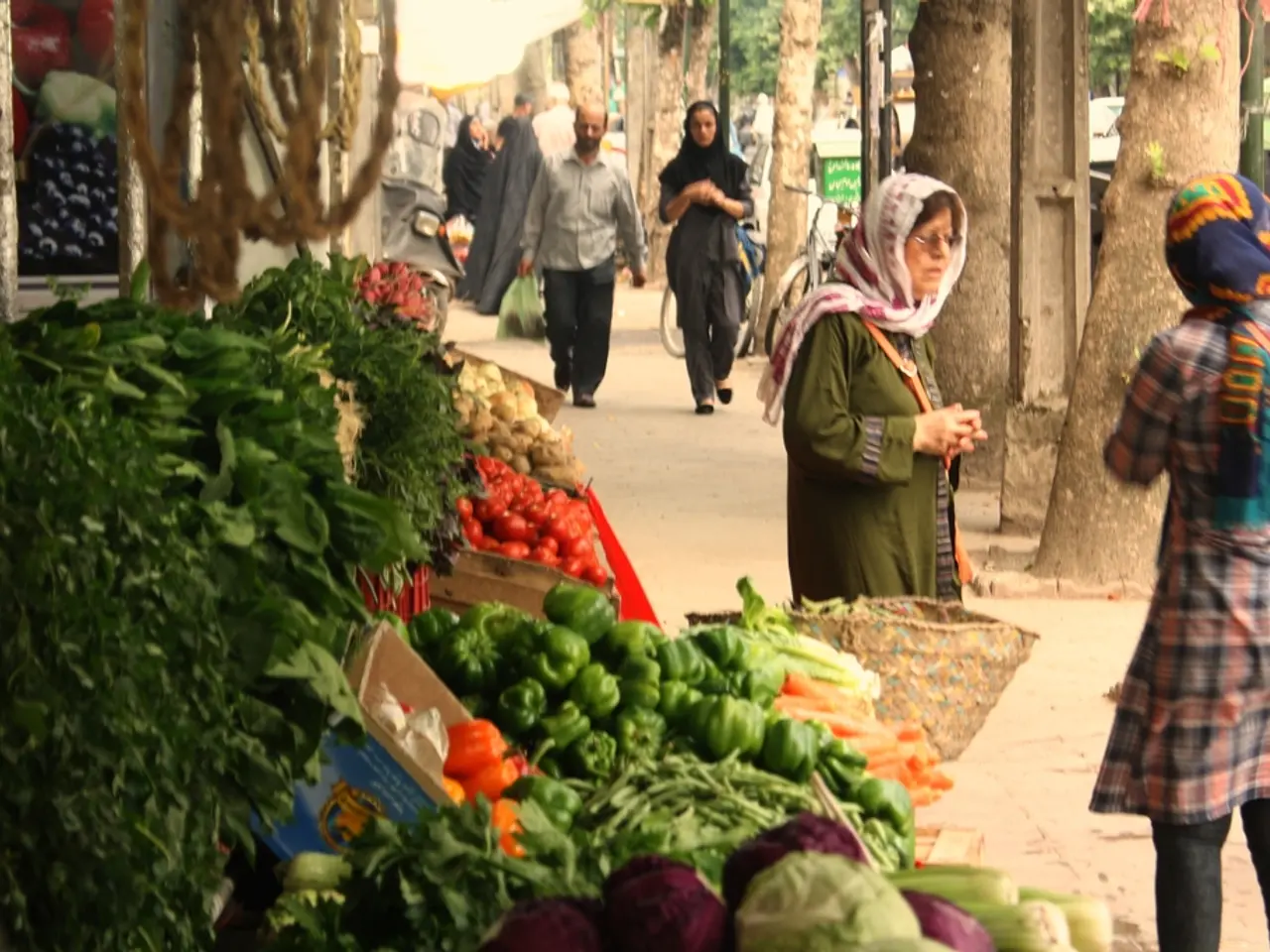Farmers' Markets as Social Hubs for Interpersonal Connection
In the heart of many towns and cities, farmers' markets have become more than just a place to buy fresh, locally-sourced produce. These bustling hubs serve as multifunctional community spaces that foster social interaction, cultural exchange, education, and economic opportunities.
Shoppers at farmers' markets often engage in conversations about personal stories, favorite recipes, family traditions, and the significance of certain ingredients. The open layout of these markets facilitates spontaneous meet-ups, creating a welcoming atmosphere where connections can flourish. The inviting atmosphere encourages casual dialogues about produce or cooking tips, making it easy for attendees to engage and learn from one another.
Vendors share the story behind their products, offering insights into their farming practices or the inspiration for their artisanal goods. This direct interaction between producers and consumers cultivates relationships based on trust, allowing individuals to learn more about the food they consume and the people behind it.
Farmers' markets are venues for socialization, particularly beneficial for seniors, contributing positively to overall health and well-being beyond just nutritional benefits. They offer spaces where community members can interact, share cultural traditions, and engage in conversations, fostering mutual understanding and relationships across diverse groups.
These events provide an excellent opportunity for people to meet others who share similar interests in food, sustainability, and local culture, creating an inclusive environment that promotes interaction and relationship-building. They often partner with organizations to provide nutrition education and empower vulnerable populations with access to fresh, local food, which strengthens the collective community.
Markets support local farmers and producers economically, creating sustainable business opportunities that engage the community in local food systems inclusive of all socio-economic backgrounds. Urban farmers' markets, such as those in Norwalk, CT, actively foster connections among residents through shared events and spaces, promoting a sense of place and collective participation.
Through regular market events, people have structured opportunities to connect with neighbors, local farmers, and artisans, reinforcing social cohesion within neighborhoods. By reducing social isolation, farmers' markets contribute to community resilience by encouraging interaction, inclusivity, and shared values around local food.
In conclusion, farmers' markets act as vital nodes for building stronger, healthier, and more connected communities. As communities recognize the importance of connection and collaboration, farmers' markets will continue to play a vital role in enhancing social interactions and enriching local life. They are vibrant reflections of local culture, where individuals can build relationships and create lasting memories.
References:
- Farmers' Markets and Community Health
- The Social and Economic Impact of Farmers' Markets
- The Role of Farmers' Markets in Urban Food Systems
- Farmers' Markets and Social Capital
- Building Sustainable and Connected Urban Spaces through Farmers' Markets
- At farmers' markets, trust-based relationships often form between consumers and producers, allowing individuals to gain a deeper understanding of the food they eat and the people behind it.
- Intimacy is facilitated at these markets as shoppers share personal stories, favorite recipes, family traditions, and the significance of certain ingredients, making the experience more than just purchasing food.
- Farmers' markets are not only spaces for buying local produce but also social hubs for events, entertainment, and lifestyle discussions, such as food, sustainability, and cultural exchanges.
- Social media and home-and-garden platforms can help promote these markets, encouraging more people to participate and foster relationships within their communities.
- The benefits of farmers' markets extend beyond fresh, locally-sourced food; they also contribute to individual health, family bonding, and community cohesion, making them an essential aspect of a well-rounded lifestyle.




